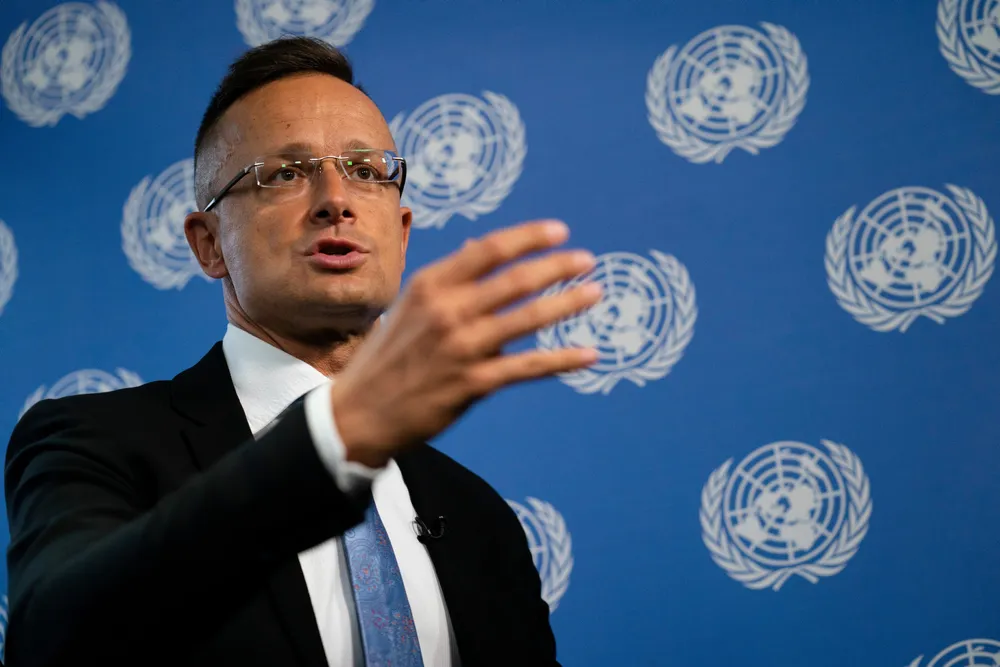Hungary inks new long-term gas deal with Russia
Hungarian authorities have rejected concerns expressed by Ukraine and critics in the European Union on the grounds that "political statements cannot heat homes"

Hungarian authorities have rejected concerns expressed by Ukraine and critics in the European Union on the grounds that "political statements cannot heat homes"
